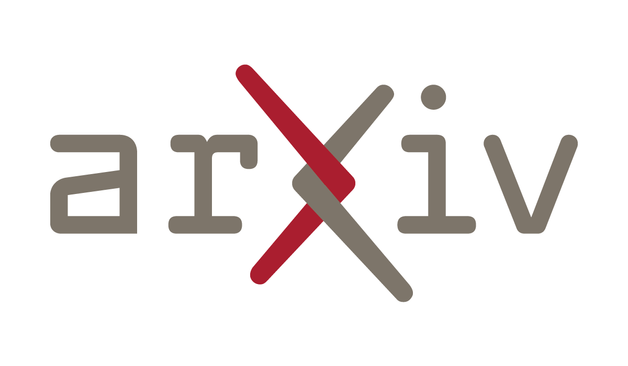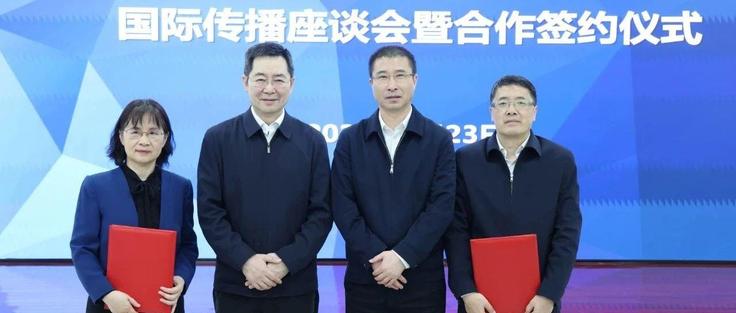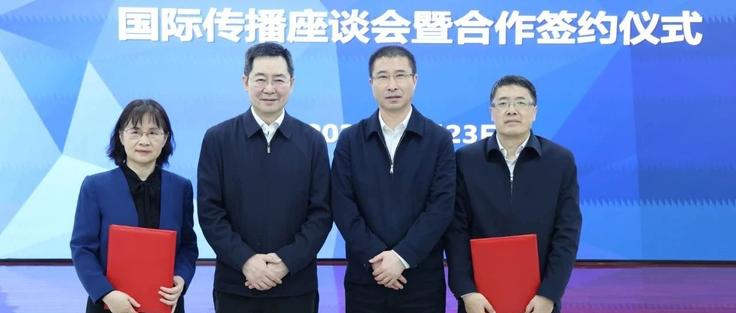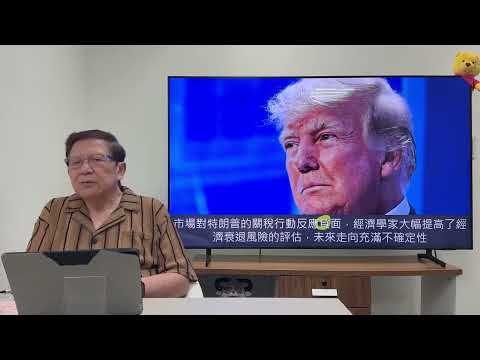➤ 標準化協議是提升 AI Agent 效率與可擴展性的關鍵
✤ https://arxiv.org/abs/2504.16736
這篇論文全面分析了現有的 AI Agent 協議,提出了一種系統性的分類方法,將協議分為以情境為導向與以 Agent 間互動為導向,以及通用型與特定領域型兩種。研究同時比較了這些協議在安全性、可擴展性和延遲性等關鍵維度上的表現,並探討了下一代協議所需的特性,如適應性、隱私保護和羣組互動等,旨在為研究人員和工程師設計、評估或整合強健的智能體通訊基礎設施提供參考。
+ 這篇論文很有價值,它指出了目前 AI Agent 發展中的一個重要瓶頸,並提供了清晰的分析框架。
+ 期待未來能看到更多關於 Agent 協議的實踐應用和標準化進展。
#人工智慧 #LLM #Agent #協議

A Survey of AI Agent Protocols
The rapid development of large language models (LLMs) has led to the widespread deployment of LLM agents across diverse industries, including customer service, content generation, data analysis, and even healthcare. However, as more LLM agents are deployed, a major issue has emerged: there is no standard way for these agents to communicate with external tools or data sources. This lack of standardized protocols makes it difficult for agents to work together or scale effectively, and it limits their ability to tackle complex, real-world tasks. A unified communication protocol for LLM agents could change this. It would allow agents and tools to interact more smoothly, encourage collaboration, and triggering the formation of collective intelligence. In this paper, we provide a systematic overview of existing communication protocols for LLM agents. We classify them into four main categories and make an analysis to help users and developers select the most suitable protocols for specific applications. Additionally, we conduct a comparative performance analysis of these protocols across key dimensions such as security, scalability, and latency. Finally, we explore future challenges, such as how protocols can adapt and survive in fast-evolving environments, and what qualities future protocols might need to support the next generation of LLM agent ecosystems. We expect this work to serve as a practical reference for both researchers and engineers seeking to design, evaluate, or integrate robust communication infrastructures for intelligent agents.













